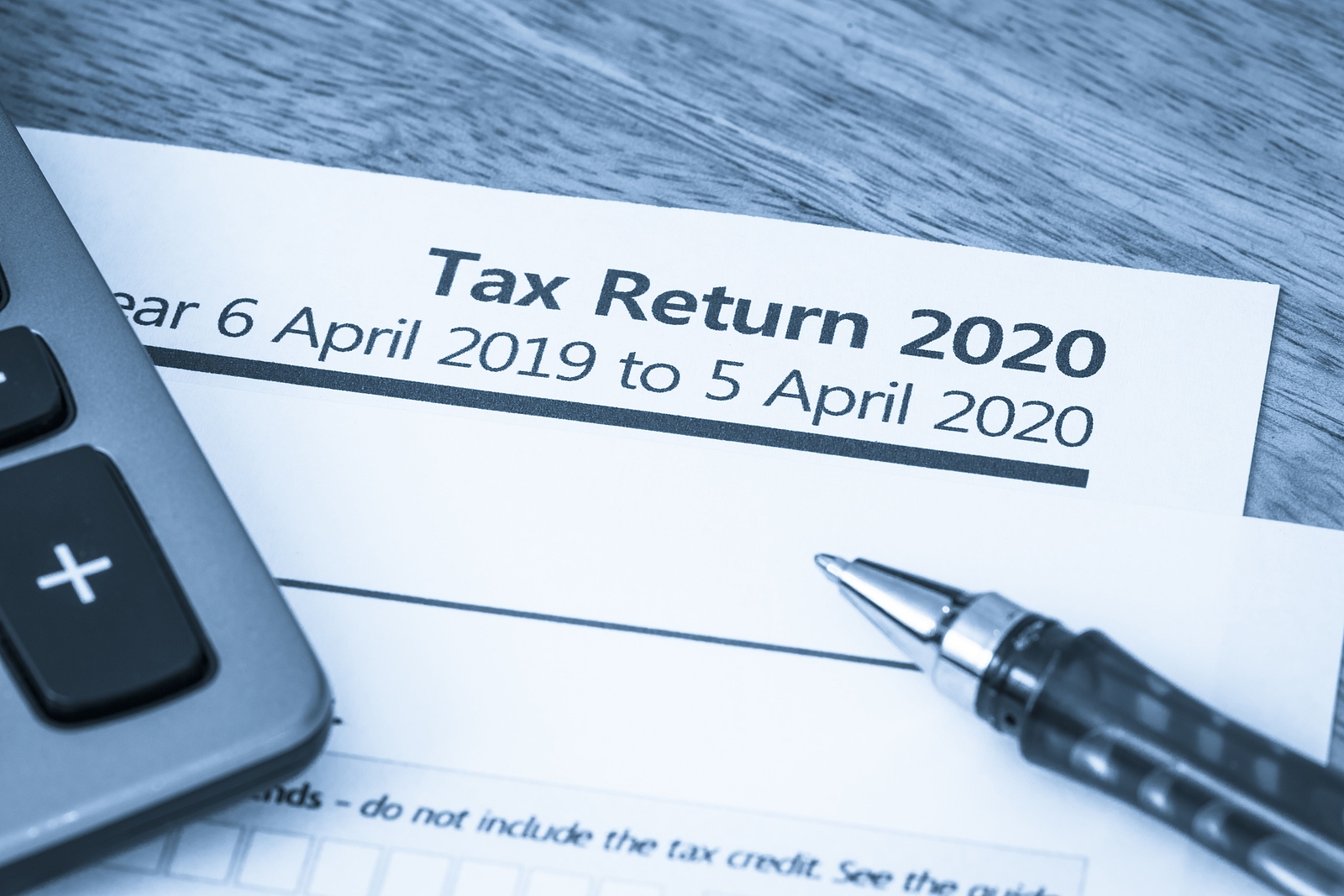Three kinds of business owners are doing their taxes incorrectly: those waiting for a refund, those dreading owing as much as the year prior, and those who have no clue what their taxes will look like once the dust settles. If your taxes are anything other than zero, it is time to sit down with a Certified Professional Accountant (CPA) and start tax planning next year.


The IRS opened the tax season this year — or began to receive taxpayers’ filings — yesterday on January 24, 2022. As you begin preparing for your 2021 tax filing, consider taking advantage of the provisions below if you haven’t already. You can ask us at Myrick CPA or your own tax consultant for details to help you find the best tax advantages available to you.

The true key to building wealth lies in building assets. And the first step toward building assets is to get serious about tax planning. Regardless of how much money you make, you can start converting your income into assets using smart tax strategies.

Some don’t think filing early is a big advantage, especially if they plan to get a refund and won’t be penalized for late returns. Others file extensions to defer paying taxes. Here are some of the reasons you should think seriously about filing your tax return as early as possible from year to year.

Tax time during a pandemic can be complicated for everyone. Landlords adversely affected by the loss of rent payments must understand the tax laws for 2020. There have been some changes and adjustments related to COVID-19 in 2020. We offer some guidance on how those changes interact with existing rental income tax laws.
-1.jpg)
Ben Franklin said, “A penny saved is a penny earned.” Translated: use smart tax planning to help build wealth. In even more straightforward terms, the more you control and limit the amount of taxes you pay, the more resources you’ll have in the future for your life and your family’s. Keeping what you earn to the best of your ability will help you save income, grow investments and ultimately build wealth.

Most business owners are familiar with financial planning. It makes sense to formulate a vision for your personal or company goals and how to achieve them. Financial planning deals with how resources are acquired and leveraged to reach those goals. Strategic tax planning, though different, is just as important. Strategic tax planning should go hand-in-hand with financial planning.

The year 2020 was a topsy-turvy year, financially, for most Americans. Some were able to continue working and earning with little or no interruption, while at the other end of the spectrum, some lost their livelihoods. Some were ineligible for unemployment and many others landed somewhere in between. Whatever your situation, this would be the year to start your tax preparation early with a virtual consultation and planning meeting.

As the economy slowly begins to recover from COVID-19 lockdowns, I talk with small business owners who are rethinking their business model. Now, more than ever is the time for all small business owners to engage in a new kind of planning; new ways of monitoring and projecting cashflow; including new models of business. Thinking outside the box - and planning differently - are the keys.

The retirement account is a valuable asset. Every worker should start savings and asset building strategies as early as possible. A common question I hear from my clients is which type of retirement account is best. There are various types and your best one depends on your situation. The Roth IRA is one of the options.




